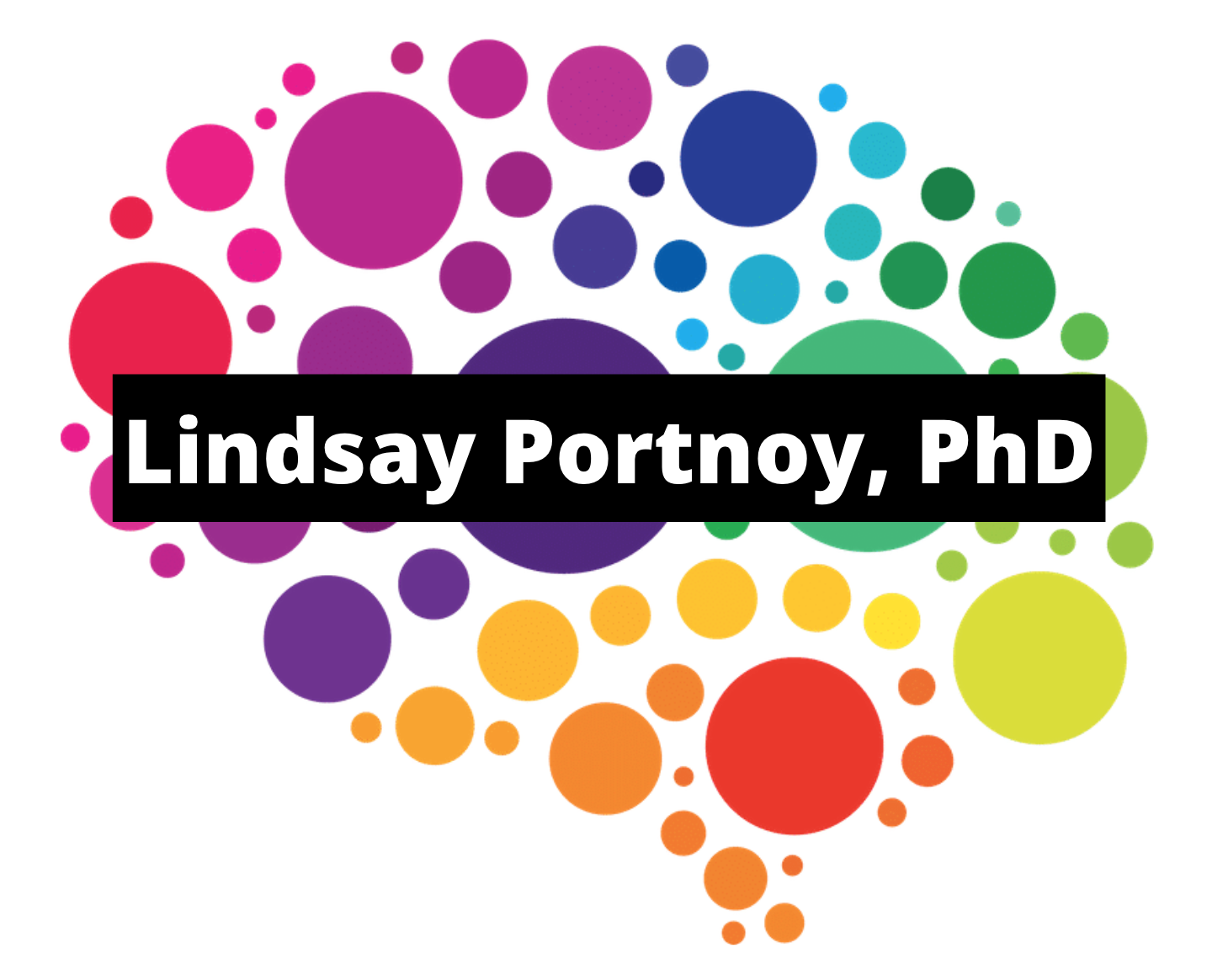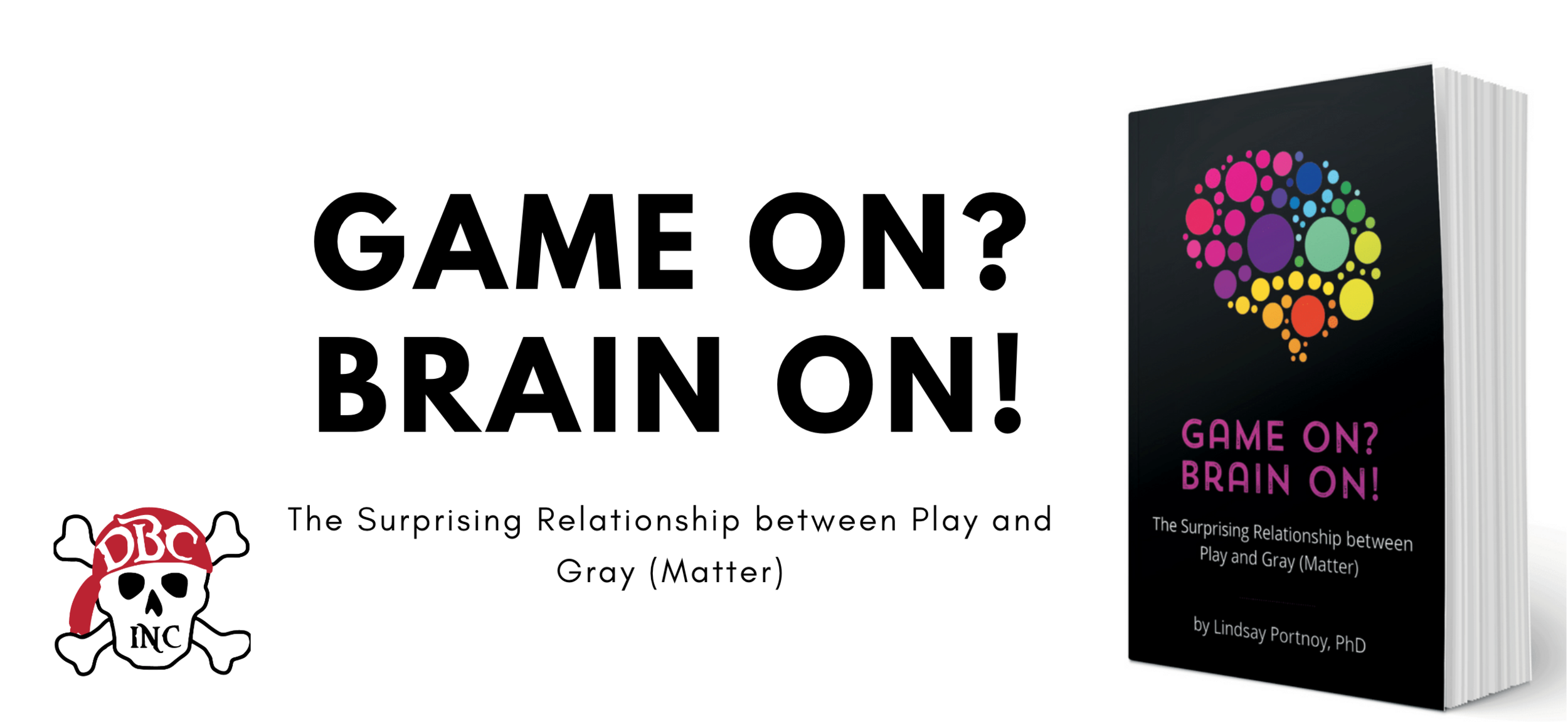All the World’s a Sandbox: Growing Up to Play
Were you surprised to learn about Lizzie Magie and the origins of the game of Monopoly? What was more interesting: the way the game was changed or the way the author was hidden for so many years?
One of the many gifts of gaming is the way it allows players to practice skills within a safe and confined space. But what happens when the roles in play don’t quite fit? What happens when you can’t quite pick to play as a character that feels like you?
In Level Up 20 of #GameOnBrainOn we ask some tough questions about the roles, representations, and assumptions of play.
Keep the below sketchnote in sight so you can ask your kids during play: whose roles, whose rules?
Playing Well, Together
Thankfully there are some extraordinary resources that have been created to address these very questions including books like Intersectional Tech: Black Users in Digital Gaming, Woke Gaming: Digital Challenges to Oppression and Social Justice by Dr. Kishonna L. Gray.
Organizations like Raising Good Gamers are working to create a more inclusive and just gaming community. Check out their work here.
Extraordinary organizations like FramerSpace guide conversations through game play. Created by UNESCO, the space has multiple courses that use games for impactful and gripping instruction around complex topics from political science to English, critical inquiry to immigration.
I’m a big fan of the game Florence, one of the games featured on FramerSpace’s guide, and was surprised at the replay value of the beautifully created but seemingly simple game.
Even my son wanted to replay so many of the seemingly simple aspects of the game. We were both taken with the way the novel game mechanics drew us deeper into the story of Florence and implored us to try just one more time to see if perhaps a different choice might result in a different ending.





